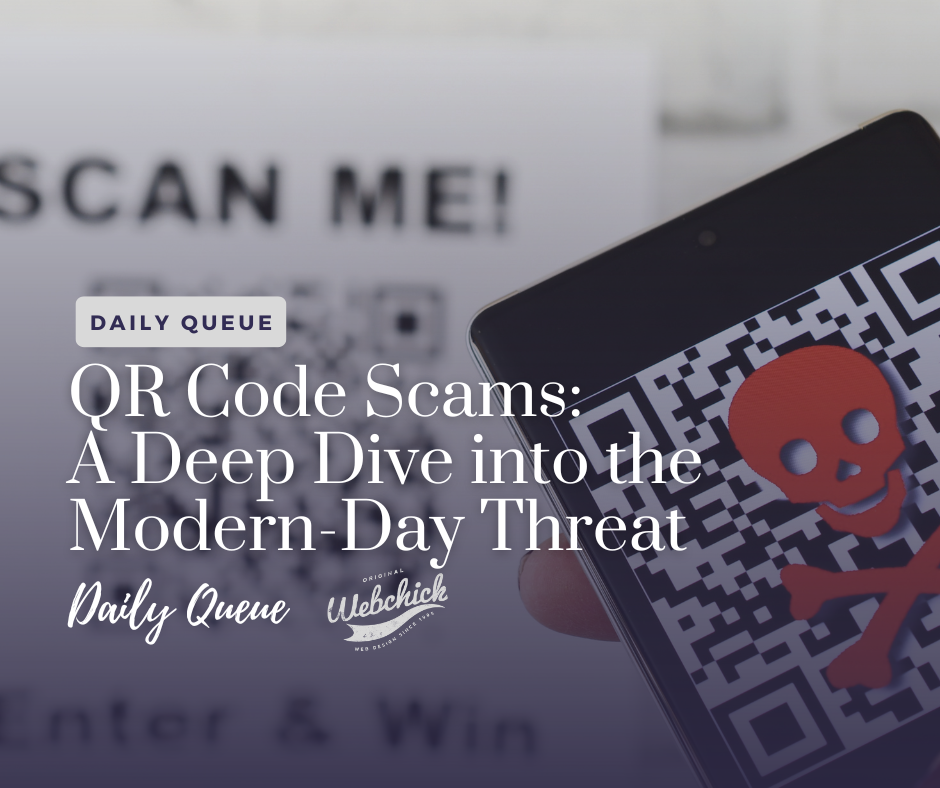In today's digital age, technology has become an integral part of our everyday lives. From contactless payments to online shopping, we've come a long way in simplifying transactions and information sharing. One such technology that has seen a significant rise in adoption is the Quick Response (QR) code. However, with its rise in popularity, QR codes have also become a new avenue for cybercriminals. Let’s delve deeper into the world of QR code scams.
What is a QR Code?
A QR code is a two-dimensional barcode that can be scanned using a smartphone camera or a dedicated reader. It quickly provides access to information, be it a website link, a payment gateway, or a simple text message. It has become increasingly popular due to its convenience, especially in sectors like retail, marketing, and events.
The Rise of QR Code Scams
While QR codes were designed to make our lives easier, they have also become an attractive tool for scammers. Here's how they exploit this technology:
- Malicious Websites: By encoding a link to a phishing website within a QR code, scammers can trick users into providing personal information, from login credentials to credit card details.
- Download Harmful Apps: Some QR codes can prompt users to download applications that contain malware or spyware.
- Fake Payment Gateways: Scammers can create QR codes that redirect users to fake payment pages, leading to unauthorized transactions.
Spotting and Avoiding QR Code Scams
- Source Verification: Always ensure the QR code you're about to scan is from a trustworthy source. Be wary of codes in public places that seem out of context or stuck over original ones.
- Use a Secure QR Code Scanner: Some dedicated QR code scanning apps offer security features that can detect malicious URLs. It's always a good idea to use these rather than generic scanning apps.
- Check the URL: Before taking any action, always check the URL you’re redirected to after scanning. Ensure it begins with 'https://' and looks legitimate.
- Avoid Downloading Unknown Apps: If a QR code prompts you to download an app, be extra cautious. Check the app's reviews and verify its legitimacy through other means before downloading.
- Use Mobile Security Software: Employ comprehensive mobile security software that can help detect and prevent threats from malicious QR codes.
As QR codes continue to gain prominence in various sectors, understanding potential threats and practicing caution can ensure a safer digital experience. Always remain vigilant and keep your devices protected. By staying informed and cautious, we can enjoy the conveniences of QR codes without falling prey to scams.
🔒 Concerned about QR code scams and your online safety? We've got you covered! At WebChick.com, we prioritize your security in this fast-paced digital world. Dive deep into the latest protection tools, tips, and resources that can fortify your online experiences. Don't wait for a scam to hit you—act now!
👉 Join WebChick.com and Be Cyber-Safe Today!


